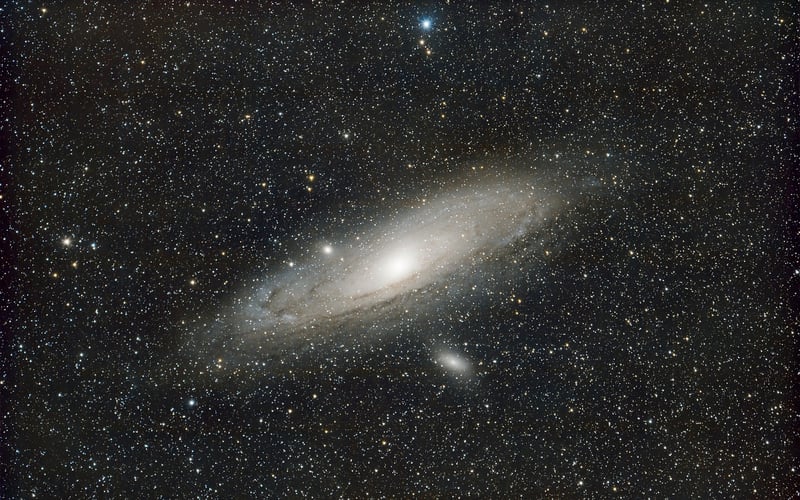Predestination Paradox
The Fascinating World of Complex Time Phenomena and the Predestination Paradox
Time, a concept that has intrigued humanity for centuries, often eludes our understanding with its intricate nature and mysterious properties. In the realm of science fiction and theoretical physics, complex time phenomena and paradoxes add a layer of fascination and intrigue to the already perplexing subject of time. One such enigma is the Predestination Paradox.
Understanding Complex Time Phenomena
Complex time phenomena refer to situations and events that challenge our conventional understanding of time as a linear progression from past to present to future. Concepts like time dilation, time loops, and parallel universes present a rich tapestry of possibilities where cause and effect do not always follow a straightforward trajectory.
Time dilation, as proposed by Einstein's theory of relativity, suggests that time can be experienced differently for two observers in relative motion. This phenomenon has been a staple in science fiction, where characters travel at near-light speeds and return to find that time has passed differently for them compared to those they left behind.
Time loops, popularized in movies and literature, depict scenarios where events repeat themselves endlessly. Characters may find themselves trapped in a never-ending cycle, trying to break free from the loop but often failing to alter the course of events.
Parallel universes introduce the concept of multiple timelines coexisting simultaneously, where different choices lead to divergent realities. This idea has sparked numerous creative works exploring the consequences of altering past events and the implications for the future.
The Enigma of the Predestination Paradox
One of the most intriguing paradoxes related to time travel is the Predestination Paradox. Also known as a causal loop, this paradox involves a sequence of events where the outcome is predestined and the cause of the event is also its own effect.
In simpler terms, a time traveler could go back in time to prevent a certain event from happening, only to realize that their actions were the very cause of that event in the first place. This creates a loop where cause and effect become intertwined, leading to a self-perpetuating cycle with no clear origin.
Popularized in movies like "Predestination" and explored in various scientific and philosophical discussions, the Predestination Paradox challenges our understanding of free will, determinism, and the nature of causality itself. It raises profound questions about the nature of time and the limits of human agency in a universe governed by complex temporal dynamics.
Embracing the Mysteries of Time
As we delve deeper into the realms of complex time phenomena and paradoxes like the Predestination Paradox, we are reminded of the boundless mysteries that time holds. Whether as a source of inspiration for creative storytelling or as a subject of scientific inquiry, time continues to captivate our imagination and challenge our perceptions of reality.
Exploring these enigmatic concepts allows us to expand our thinking, contemplate the nature of existence, and ponder the infinite possibilities that lie within the ever-shifting landscape of time.
So, embrace the mysteries, ponder the paradoxes, and dare to venture into the intricate tapestry of time, where past, present, and future converge in a dance of eternal fascination.


Explore more about time and its complexities to unravel the secrets of the universe that have captivated minds for generations.
Remember, time is not just a ticking clock but a vast expanse of possibilities waiting to be discovered.
